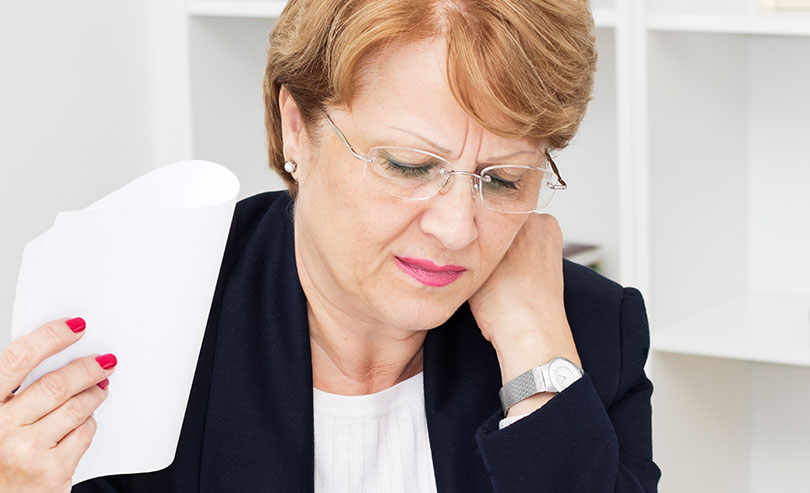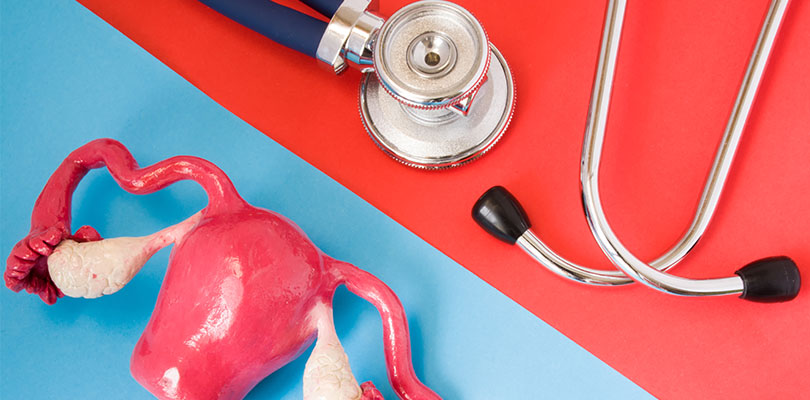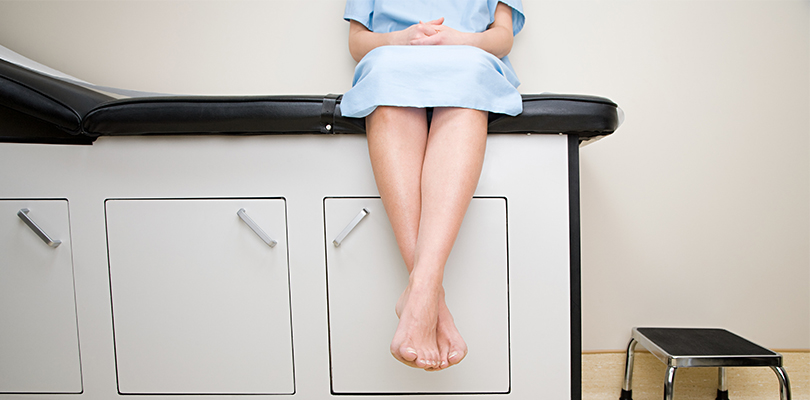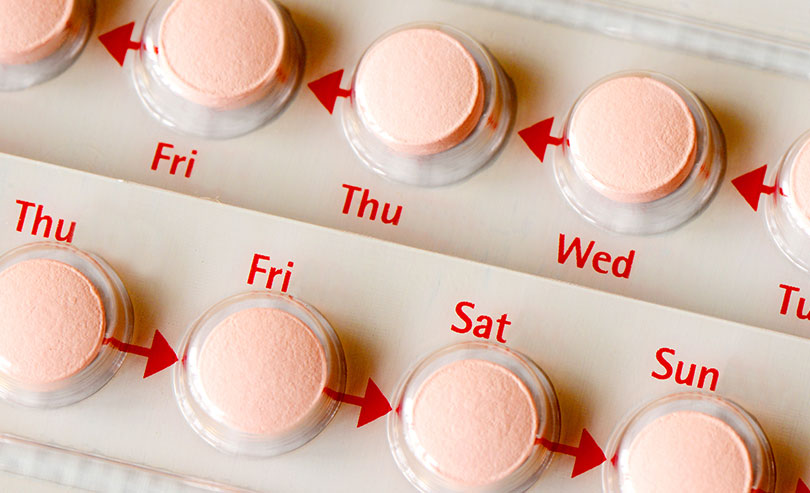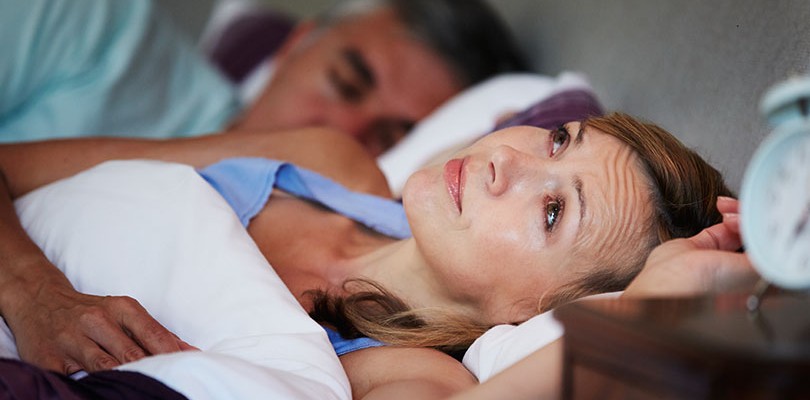
Photo Credit: monkeybusinessimages / istockphoto.com
6. Fatigue and Sleeping Problems
These two problems go hand in hand. You can’t sleep at night and so you feel tired in the morning. Perhaps you’ll try to have a nap during the day, which will cause more problems with sleeping the next night. Both fatigue and sleeping problems can be explained by hormonal changes, as well as increased levels of stress during perimenopause.
Tips for improving fatigue:
- Try to better manage the other symptoms like hot flashes, mood swings and even low sex drive (as sex promotes a deep restful sleep and increases energy levels).
- Adopt a healthy diet, regular exercise and have a sleep routine as well (go to bed and wake up in the morning at the same time); the bedroom should be completely dark.
- If you need a nap during the day, keep it short (30 minutes).
Related Search Topics
You May Also Like
There's a close link to heart disease and menopause. Here you'll find out how menopause can lead to heart disease and what the risk factors are.
